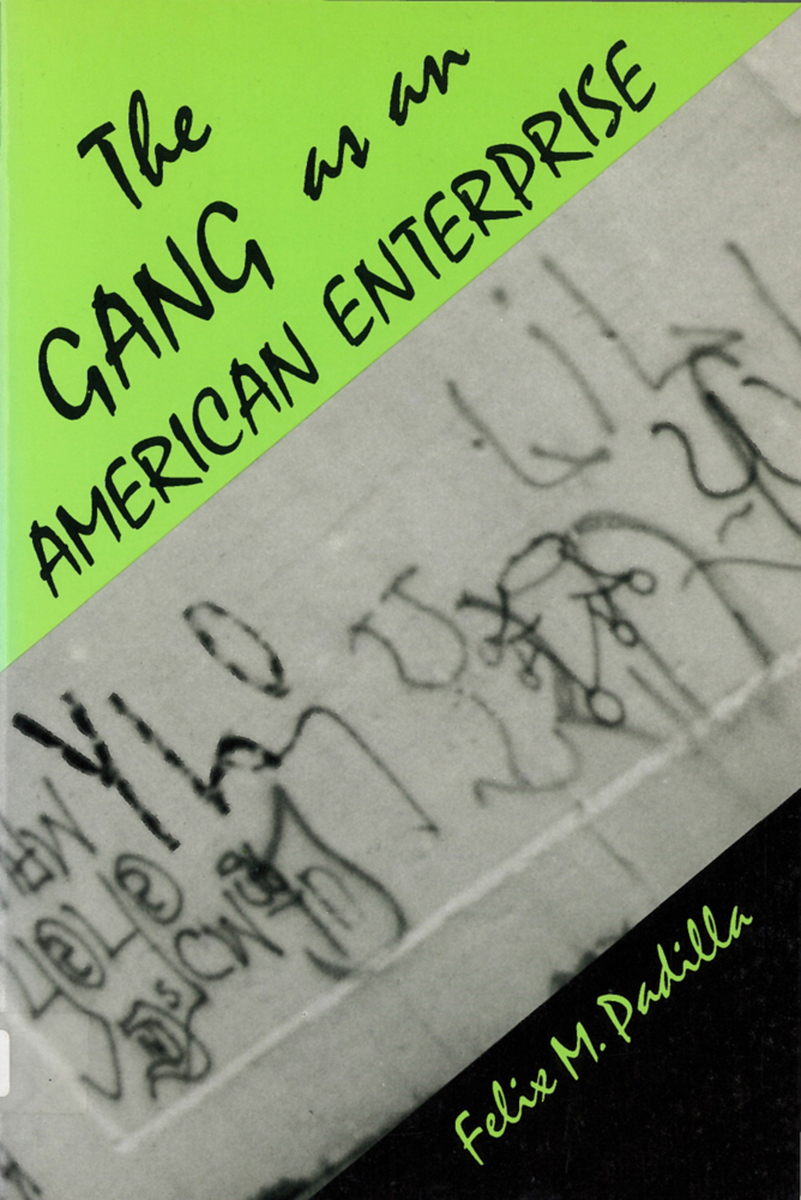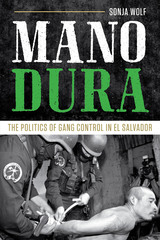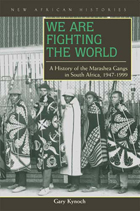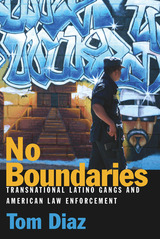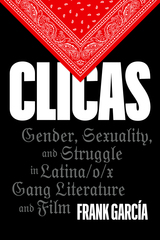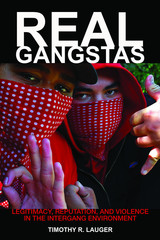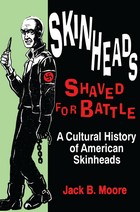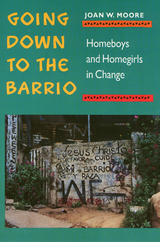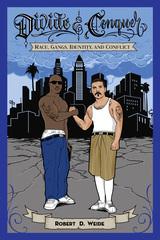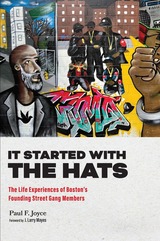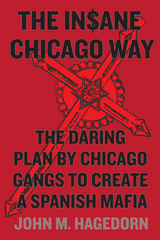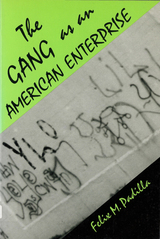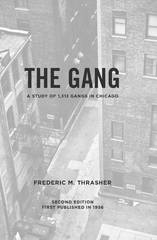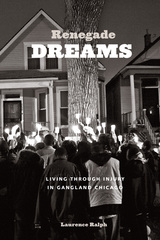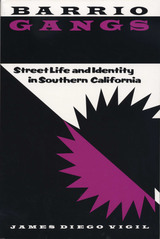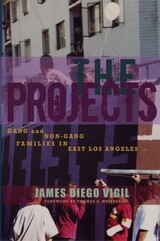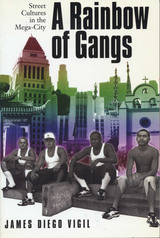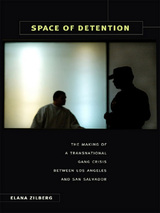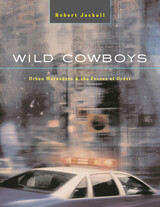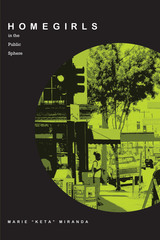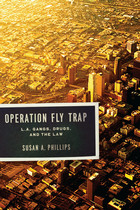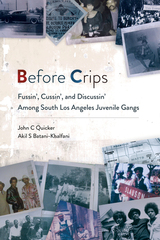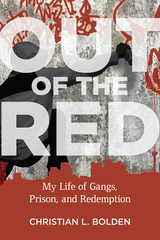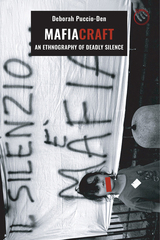The Gang as an American Enterprise
Rutgers University Press, 1992
Cloth: 978-0-8135-1805-3 | Paper: 978-0-8135-1806-0 | eISBN: 978-0-8135-5923-0
Library of Congress Classification HV6439.U7C37 1992
Dewey Decimal Classification 364.1060977311
Cloth: 978-0-8135-1805-3 | Paper: 978-0-8135-1806-0 | eISBN: 978-0-8135-5923-0
Library of Congress Classification HV6439.U7C37 1992
Dewey Decimal Classification 364.1060977311
ABOUT THIS BOOK | AUTHOR BIOGRAPHY | REVIEWS | TOC
ABOUT THIS BOOK
The Diamonds are a Chicago Street gang whose members are second-generation Puerto Rican youths. For Felix Padilla, the young men who join the Diamonds have made a logical choice. The gang is an alternative and dependable route to emotional support, self-respect, material goods, and upward mobility. Although Padilla shares the same ethnic background as the gang members and also grew up in a Chicago barrio, gaining the trust of the Diamonds was not easy. Eventually, however, he was able to get close enough to the members to interview and observe them.
Padilla shows us his decision to join the Diamonds. From early childhood, boys develop positive images of the gang. They realize that the dominant culture promises mobility, but that their paths to that mobility are blocked. By joining a gang they can creatively oppose the dominant culture. Padilla does not paint a romanticized picture of the Diamonds. Some members come to understand that when they sell drugs, they benefit the gang's leaders and suppliers more than themselves. Further, they recognize that the gang is also subject to problems of domination and inequality. Padilla shows that though the Diamonds are sometimes violent, they are not psychopaths. While we need not approve of what they do, he urges us to understand it as a rational response to the doors these young men see closed around them.
Padilla shows us his decision to join the Diamonds. From early childhood, boys develop positive images of the gang. They realize that the dominant culture promises mobility, but that their paths to that mobility are blocked. By joining a gang they can creatively oppose the dominant culture. Padilla does not paint a romanticized picture of the Diamonds. Some members come to understand that when they sell drugs, they benefit the gang's leaders and suppliers more than themselves. Further, they recognize that the gang is also subject to problems of domination and inequality. Padilla shows that though the Diamonds are sometimes violent, they are not psychopaths. While we need not approve of what they do, he urges us to understand it as a rational response to the doors these young men see closed around them.
See other books on: Criminals | Drug traffic | Gang | Gangs | Puerto Ricans
See other titles from Rutgers University Press
